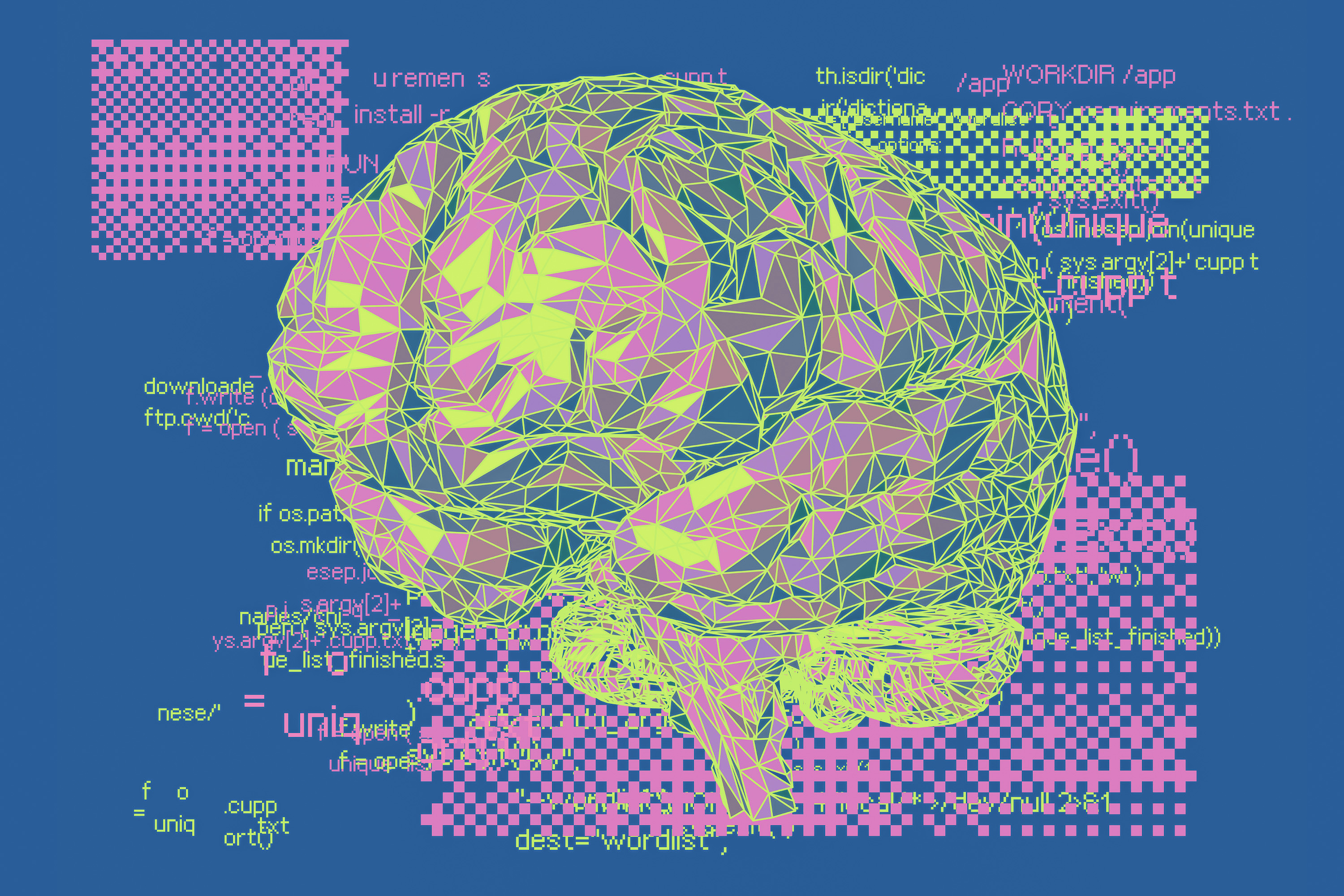
Most Dutch people are worried about climate change and demand political action, but many lack the trust in our political leadership to tackle this problem. At the same time, people are rarely willing to make radical changes in their own behavior or make large investments (e.g. reducing food waste, switching to electric driving), with lack of knowledge and oversight being the main reasons for our failure to develop sustainable lifestyles. These findings, as well as the general decline of trust we wrote about recently, give little cause for optimism about the fight against climate change.
Yet, we can also use these findings to identify some necessary steps to be taken. For one, they imply that communicating ideas and practical tools for leading a sustainable life are paramount to increase awareness and stimulate greener consumer practices. These will have to speak to younger generations especially, as they are overwhelmingly more in favor of radical climate action than older generations. Lastly, it shows that there is an important role to be played by governments in showing actual leadership, for instance through investments in green and sustainable infrastructure (e.g. investing in clean public transport or smart grids), which would also boost public trust.

